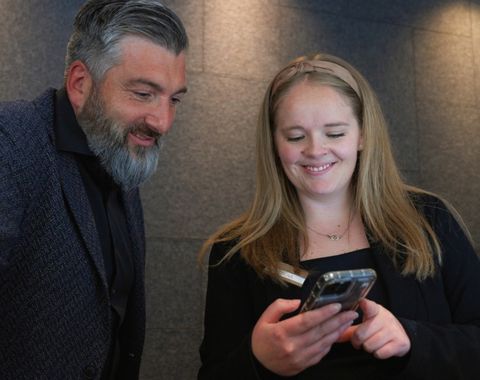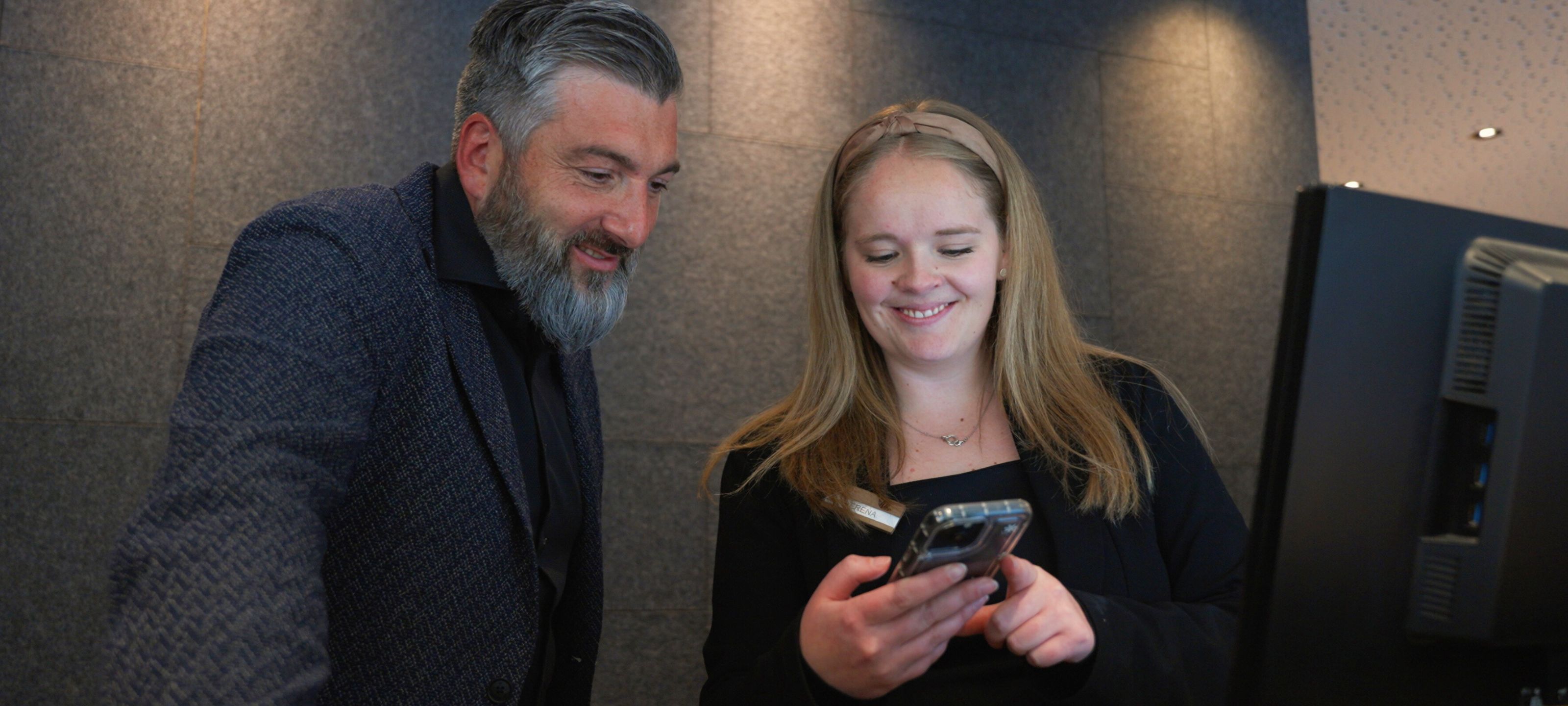
Chatbots - Opportunities and Applications in Tourism

Chatbots are revolutionizing customer service in the tourism industry. Learn how these AI-powered assistants can help hotels engage with and retain their guests.
Concepts like A.I., which until recently were the exclusive domain of the tech world, are beginning to penetrate other industries, especially online marketing and sales. The recent steady increase in affinity for the use of social and messenger apps (WhatsApp, Facebook Messenger) in everyday life is also establishing the use of chatbot technology. The characteristically intensive mobile use on the road predestines the use of messengers and bots also for the tourism sector. The following article focuses on messenger chatbots, their future opportunities and specific applications in the tourism industry.
The Bot Technology: Definition and Evolution
A classic chatbot is a text-based conversational system that responds to human-directed queries using text or speech.. The system accesses a stored database, matches keywords, and responds via text output with a predefined response. Chatbots use artificial intelligence to learn and refine their responses through ongoing communication.The beginnings of chatbots can be traced back to the 1960s, when Joseph Weizenbaum's Eliza was developed. Milestones such as the voice bot Alice (1995) and Apple's personal voice assistant SIRI (2010) followed.
The power of automated communication
Chatbots offer enormous potential as a marketing channel, and their applications are varied. For the travel industry, this opens up new opportunities to reach customers in an easier and more personalized way. Especially in the areas of customer service and information, chatbots can be beneficial to the travel industry, allowing companies to free up agents for more complex tasks.A chatbot can handle simple, recurring questions and issues both internally and externally in an automated manner. There are no time limits: Chatbots are available 24/7 and can handle multiple requests simultaneously, ideally in multiple languages. There is no need for annoying phone loops or recorded messages; the guest or customer receives an immediate response.The fact that chatbots automatically register the course of a communication makes them important repositories of information and data. On the one hand, this data helps the bot to continuously evolve, and on the other hand, service agents can refer to it in a second moment of contact. Bot technology is no longer limited to answering typical FAQ questions, but is also used to generate awareness and provide purchase advice. Here, too, data plays a key role: data-based, personalized offers convey appreciation for the customer and increase customer loyalty.In summary, a tourism company can benefit from 24-hour availability and immediate response to customer questions and needs, high efficiency (a chatbot can easily handle parallel requests), and 100% cordiality even in stressful situations. In addition, the strengths of the hotel or destination brand can be better communicated through personalized chatbots.
The limits of automated communication
The initial euphoria quickly subsides when many chatbots are actually used, as the above benefits are tempered when dealing with complex and individual questions. The automated helpers do not replace employees or personal contact with the (potential) guest, but can only handle recurring inquiries efficiently. In addition, chatbots are only efficient and useful if they are fed with the right information in advance: For example, the right choice of words, language and tone of voice to match that of the hotel or destination are key factors. Other prerequisites include a detailed task definition with specific benefits for the guest, as well as continuous optimization of the bot. Without the latter, there will ultimately be no guest acceptance. Increasingly, however, artificial intelligence is a prerequisite for a successful chatbot: through active use, personalized results improve and adapt to the user's needs.
Applications and examples in tourism along the customer journey
In the course of a guest's customer journey, there are several potential touchpoints where chatbots can be used:
- Inspiration: A first possible application is the inspiration phase of the journey: even with extremely reduced input, such as "Somewhere warm" or "Where can you travel with a budget of 500 euros", a chatbot can provide concrete travel suggestions. The more frequently the user asks the chatbot questions and communicates with it, the more relevant the suggestions become.
- Interest and consideration: Once the guest is interested in a particular destination, he or she begins to research it in more detail: Chatbots directly generate the ideal travel time for specific regions. In the "consideration" phase of the customer journey, reviews from other travelers play a crucial role, as does the weighing of various factors such as price or availability. The hotel's own chatbot can, for example, determine the ideal room type for the potential guest during a live consultation and directly offer only available rooms for the desired period.
- Reservation: Some travel search engines and airlines are already demonstrating the potential of chatbots in the actual purchase phase of the customer journey with their Messenger technology: Chatbots filter suitable flights, provide the best prices, and offer instant booking options. However, it should be noted that many systems still fail when it comes to more complex questions. For hotel bookings, chatbots can offer a selection of hotels in a city for defined travel dates through clearly focused question strings.
- Planning to Travel: In this area, the guest plans travel arrangements, explores interesting local events, and prepares for his or her vacation destination, e.g. by learning about the characteristics of the destination and its inhabitants. There are chatbots that illustrate the country's rules of conduct, etiquette and explanations of everyday life, thus getting the guest in the mood for the destination.
- Experience: In this area of travel, chatbot services are proliferating. Starting with hotel systems, where guests can use chatbots to order room services such as cleaning, wake-up calls or breakfast. Or the hotel's own restaurant that shows what's on the menu and whether a table is still available. Or insider tips and places of interest around the hotel, complete shopping tours or discovery tours directly from the hotel: The London Underground's TuBot shows users the current status of public transport, including an alert function for individual lines during rush hour. Other services include chatbots with currency converters and weather forecasts. Along with the booking phase, the experience phase is certainly the part of the customer journey that currently has the most concrete chatbot deployments.
- Recommending, remembering, endorsing: In the post-trip phase, reviews and travel blogs play an important role. Bot technology is used here, for example, in the area of social networks (reminder phase) or in regular guest clubs (endorsement phase). The potential and possible applications at the individual touchpoints are certainly still expandable.
Conclusion and forecast
Artificial intelligence is changing digital tourism marketing. Only qualitatively mature chatbots can generate added value, and only under the premise of a methodical and systematic deployment. The concrete added value: the company gains more time for personal travel service.In the near future, chatbots may become personal online travel advisors due to the exponential growth of technology. They hold great potential for simplifying and improving communication processes, albeit limited to automatable and non-critical customer dialogues. In the area of individual and brand-appropriate communication, the "human" factor remains decisive.





.webp)

.jpg)

.jpg)



.webp)
